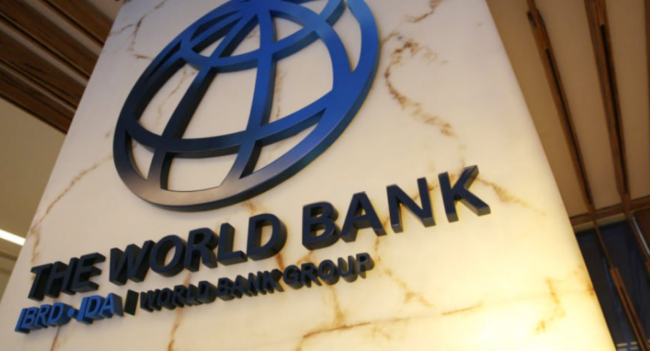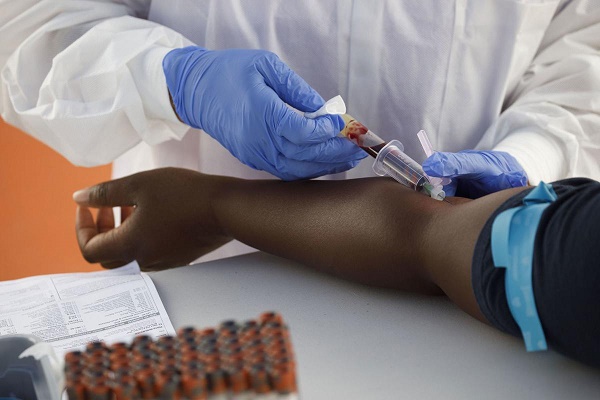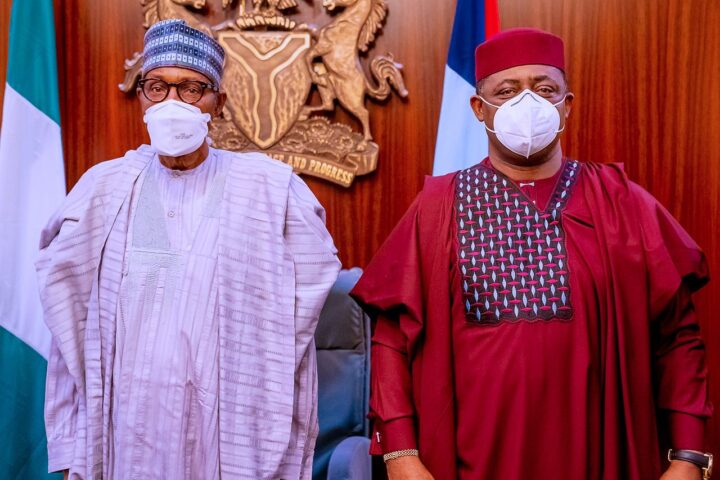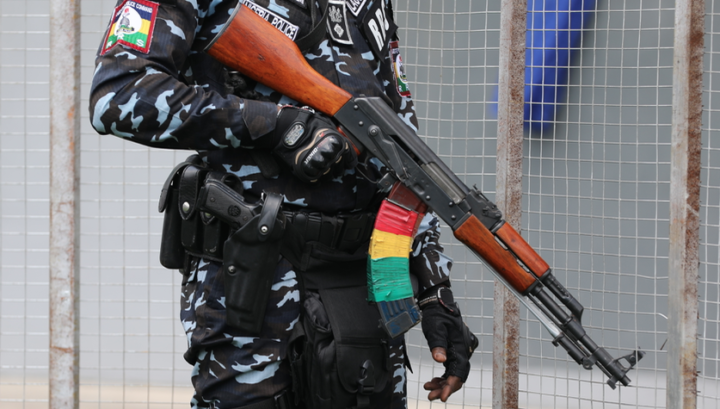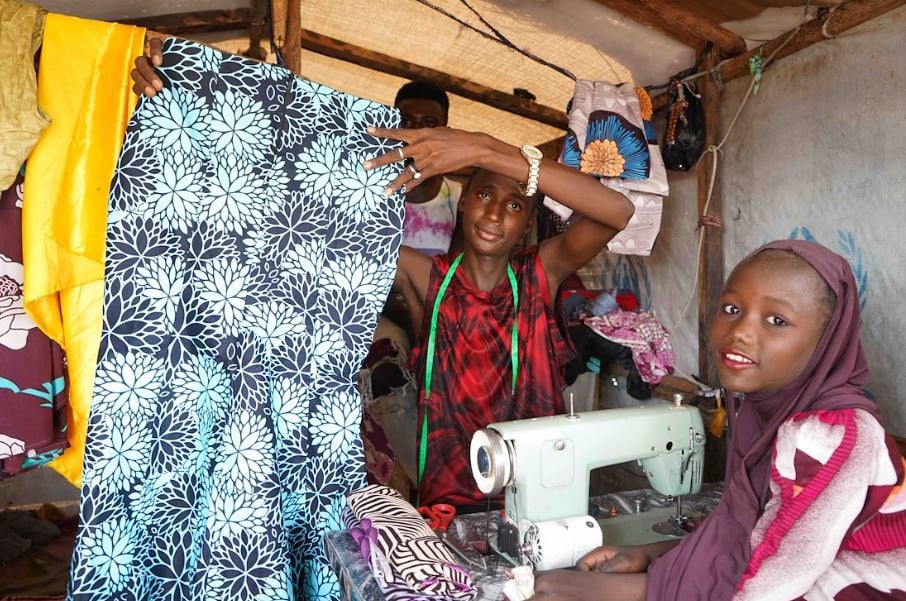The World Bank has projected that Nigeria may be unable to finance its share of a COVID-19 vaccine roll-out, invest in better preparedness to protect from future crises.
The Bank said this in its report, titled: ‘From Double Shock to Double Recovery: Widening Rifts’.
It stated that governments would have to make bold choices to avoid falls in government health spending and progress toward the World Health Organisation (WHO) universal health coverage.
“In a group of 126 countries, per capita, government spending is projected to exceed pre-COVID levels by 2026. In 52 countries, by that time, overall government spending will, however, remain below 2019 levels,” the report said.
Advertisement
“A return to pre-COVID-19 growth rates in per capita government health spending in the poorest of these countries would require the share of spending assigned to health to almost double, from 10 percent to 20 percent. “
According to the report, Nigeria, among other 52 countries are expected to reduce their per capita government spending below pre-COVID levels over the next five years (2021-2026).
The 52 countries include Afghanistan, Burundi, Liberia, Mozambique, Sierra Leone, South Sudan, Sudan, Algeria, Angola, Bolivia, Cameroon, Comoros, Republic of Congo, Djibouti, Eswatini, Kiribati, Lesotho, Micronesia, Nigeria.
Advertisement
Others are Papua New Guinea, Sao Tome and Principe, Timor Leste, Vanuatu, Zambia; Belize, Botswana, Costa Rica, Dominica, Ecuador, Fiji, Jordan, Maldives, Mexico, Namibia, South Africa, St. Lucia, Surinam, Turkmenistan, Antigua.
Barbuda, The Bahamas, Bahrain, Iceland, Kuwait, Nauru, New Zealand, Oman, Palau, Qatar, Saudi Arabia, St. Kitts and Nevis, Trinidad and Tobago, and United Arab Emirates are the remaining countries that may likely reduce their spending capacity.
“The economic shock from Covid-19 is threatening the capacity of governments to spend sufficiently on health, threatening COVID-19 recovery and health security for all,” Mamta Murthi, World Bank vice-president for human development, said.
“Cash-strapped countries will have to make tough choices in health investment to safeguard essential health services, stay on a path toward Universal Health Coverage, and build resilience for the future”.
Advertisement
The World Bank advised countries to build resilience by investing in preparedness and ensuring affordable health services for their populations, especially poor people.
Add a comment
